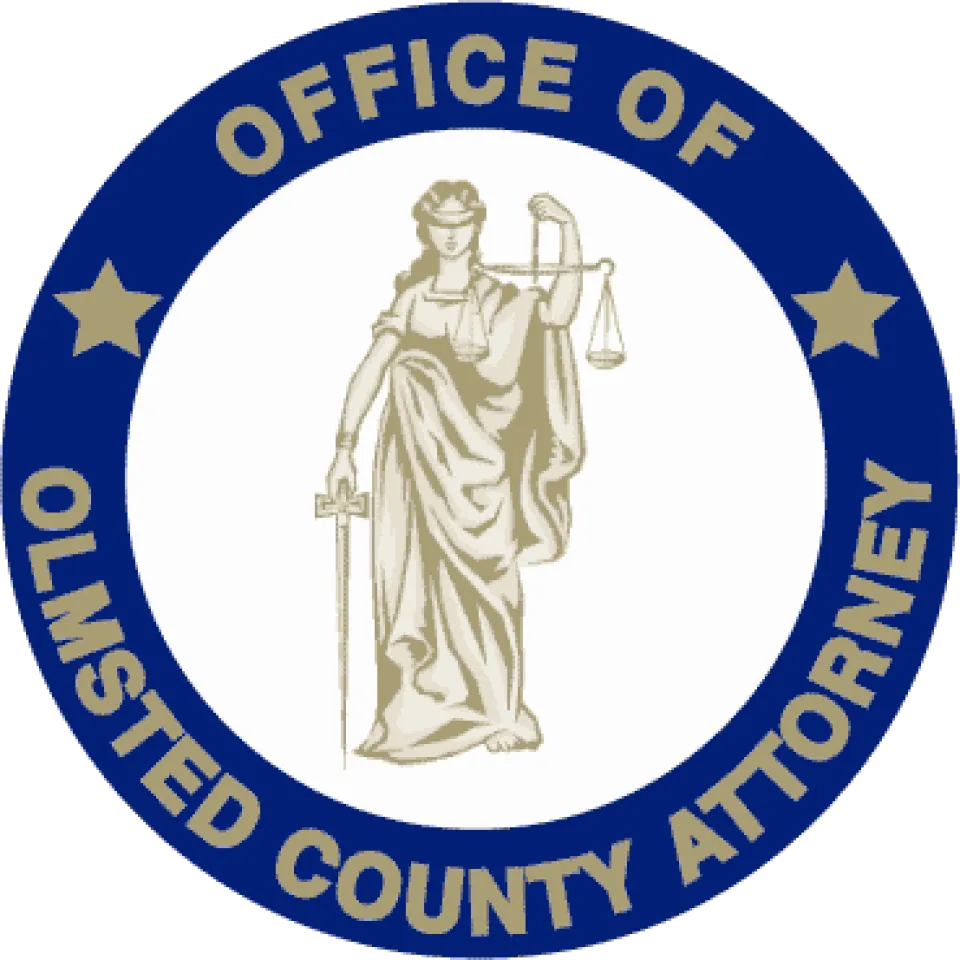Juvenile Division
County Attorney: Juvenile Division
Contact & about information

Juvenile Division Attorneys prosecute children under 18 years old for offenses they have committed within the County. This includes offenses ranging from petty offenses such as curfew violations to serious felony matters including murder. The juvenile attorneys receive police reports from the law enforcement agencies within the County and make decisions whether to send the juveniles to the diversion program or prosecute them in juvenile court.
A juvenile petty offense includes offenses that if committed by adults would not be considered a crime. These offenses typically include curfew and tobacco violations, alcohol possession and consumption, or possession of a small amount of marijuana. It also includes some misdemeanor crimes that by law are reduced to petty misdemeanors. These cases are most often diverted. However, if the juvenile doesn’t qualify for diversion or fails diversion the case will be heard in juvenile court.
If the juvenile petty offender admits the charge, the juvenile court judge can impose any combination of the following consequences:- Pay a fine of up to $100;
- Participate in a community service project;
- Participate in a drug awareness program;
- Obtain a chemical dependency evaluation and if necessary, outpatient treatment;
- Place on probation for up to six months;
- Restitution to the victim; or
- Suspension of driver’s license for 90 days if purchased or attempted to purchase alcohol or tobacco.
- A child is a juvenile delinquent if they have violated a state or local law that is not considered a juvenile petty offense.
If the juvenile delinquent admits the charge, the juvenile court judge can impose any combination of the following consequences:
- Counsel the juvenile or parents;
- Probation;
- Placement in foster care, group home, shelter or correctional facility;
- Commitment to Commissioner of Corrections;
- Fine of up to $700;
- Treatment for physical or mental health issues;
- Cancellation of driver’s license;
- Revocation of driver’s license or prohibition of obtaining a driver’s license if possessed or sold drugs while driving a motor vehicle;
- Remain enrolled in school;
- Assessment for sex offender treatment and follow recommendations; or
- At least 100 hours of community service if possessed a firearm at time of offense
A juvenile traffic offense includes all petty misdemeanors, misdemeanors, gross misdemeanors and felony traffic violations committed by juveniles who are under the age of 16. It also includes all traffic violations committed by juveniles who are 16 and 17 years old, except petty misdemeanor and DWI violations. Those cases are heard in adult court.
If the juvenile traffic offender admits the charge, the juvenile court judge can impose any combination of the following consequences:- Reprimand the juvenile and counsel with the juvenile and the parents;
- Continue the case for a reasonable period under conditions governing the juvenile’s use and operation of any motor vehicle;
- Attend a driver improvement school;
- Suspension of driver’s license;
- Cancellation of driver’s license if juvenile committed two moving violations, or contributed to a highway accident involving death, injury or physical damage in excess of $100);
- Probation with reasonable rules relating to the operation of motor vehicles;
- Restitution for damage (link to restitution in victim witness section);
- Fine of up to $700; or
- Chemical abuse assessment and follow recommendations.
When a juvenile commits an offense within the county, the Juvenile Division will consider whether or not to send the juvenile through the diversion program based on specific criteria established by the Olmsted County Attorney. Diversion offers juveniles, who admit they broke the law, an opportunity to avoid a juvenile court record. They sign a contract to complete certain requirements that address their unlawfully behavior, including community work service, restitution to the victim, programs on theft awareness, peaceful alternatives to conflict or other appropriate programs. If the juvenile successfully completes the diversion contract, their case will not be sent to court. The community benefits from diversion programs as the juvenile typically has a swift consequence as compared to cases that go through juvenile court. Juveniles who participate in diversion have a low recidivism rate.
This diversion program is known for offering juveniles a timely, meaningful way to take responsibility for their actions/crimes outside of the court system to avoid a juvenile court record. Juveniles referred to this program have little to no prior history. The most common referred offenses include shoplifting, minor consumption, tobacco, and curfew.
The diversion program is a collaborative effort between the Olmsted County Attorney’s office, Juvenile Corrections, and the Community. The diversion panel engages the juvenile as well as the parent in a discussion of the offense dynamics, the impact, any general concerns, and suggested responses. The panel then makes recommendations for the next steps, which can include the juvenile in taking responsibility for their actions/crimes, restore the victim/community, and offer an opportunity for learning new skills and knowledge. The juvenile will sign a contract to complete requirements that can include community work service, restitution to the victim, letters of apology, programs on theft awareness, peaceful alternatives to conflict, or other appropriate programs. If the juvenile successfully completes the diversion contract, their case will not be sent to court.
The community benefits from diversion programs as the juvenile typically has a swift consequence as compared to those cases that go to court. Juveniles who participate in diversion have a low recidivism rate.
Diversion programs in Dodge and Fillmore Counties function independently and are designed somewhat differently to match the unique needs of the respective communities.
Juvenile Diversion Information
